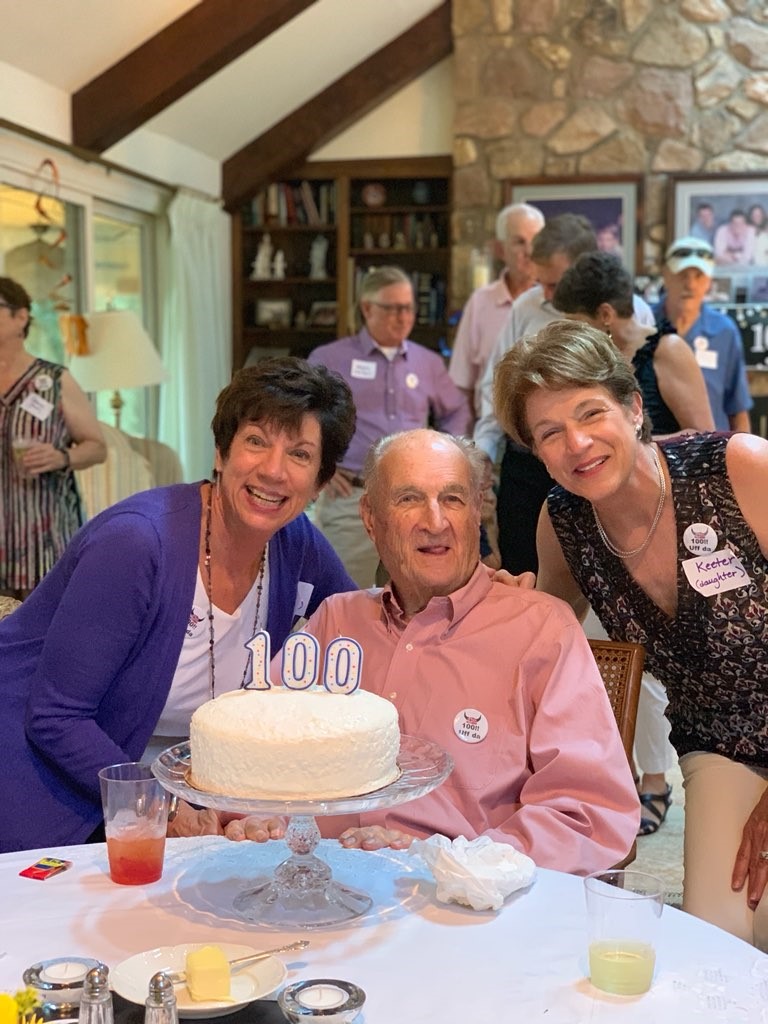
I have a 100-year-old father with dementia living with me and I also help parents of teens here at SAS. What do these two things have in common? The need to stay in relationship. Three years ago, I heard this simple statement and it hit me like a ton of



